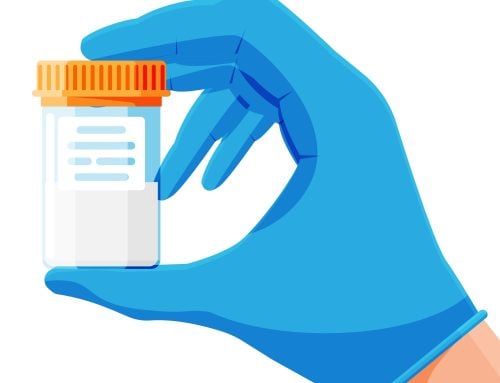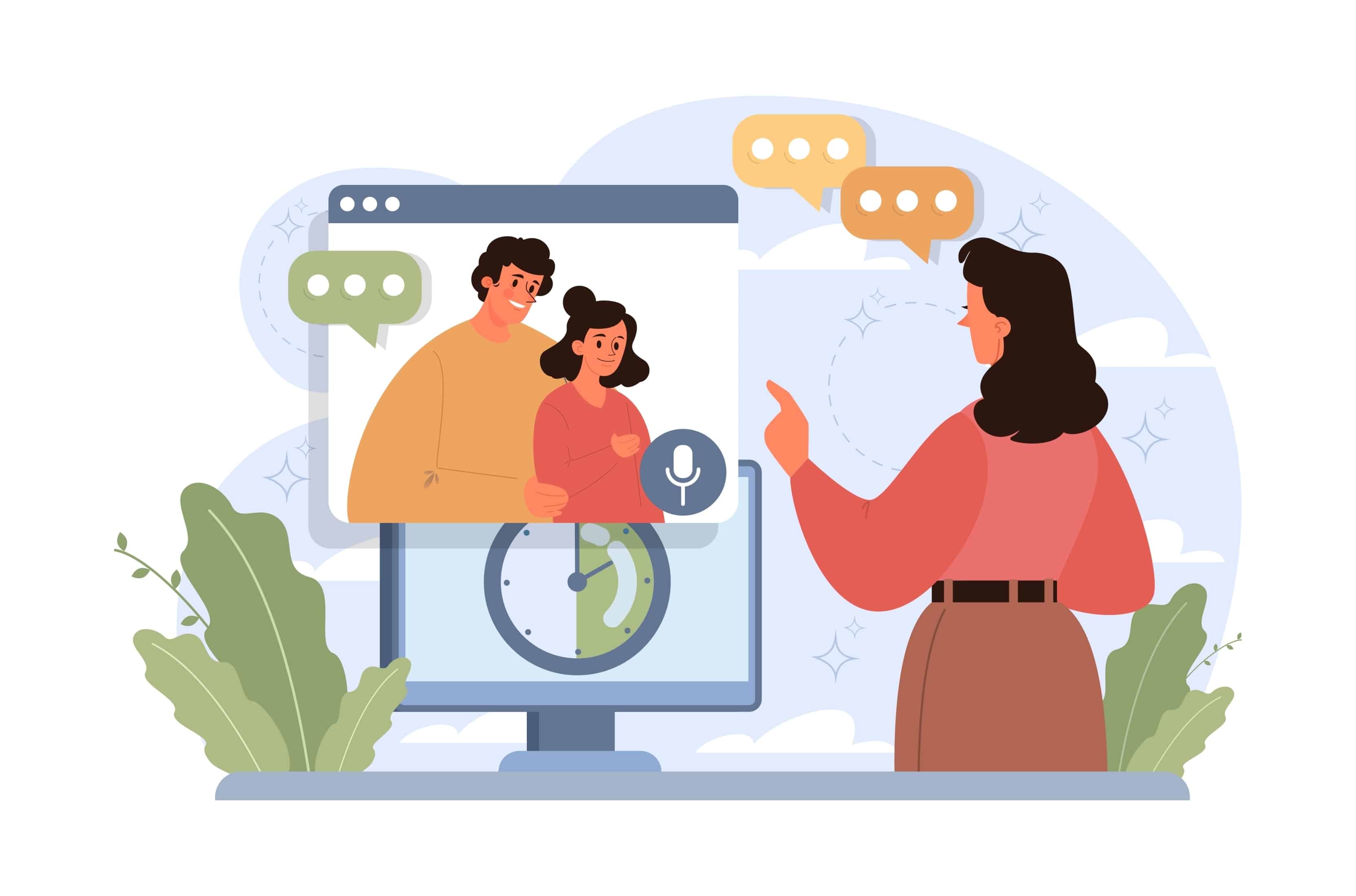Tips for telling your children about donor conception
Telling your children that they have been conceived via egg or sperm donation can be quite intimidating. If you want them to know their origins, you might be wondering how exactly to break the news as gently as possible. In general, it’s best to start the discussion when the kids are little, but some parents wait for their child to be more mature before deciding to have “the talk”.
Why should you tell your kids that they have been conceived thanks to a donor?
If you’re reading this page, you’ve probably decided to tell your children about donor conception and perhaps are looking for some advice and information regarding how to have this tricky conversation. Or, maybe you are considering having a baby thanks to an egg or sperm donor and you would like to anticipate how best to tell your future child about their origins. Perhaps you are already a parent and find yourself hesitating between whether to tell your kids that they’ve been conceived via a donation or not.
There are many reasons for telling your children. You could do so, for instance, because you don’t want to keep any secrets from your family and you want your relationship to be based on trust and honesty. Other reasons include: you think it’s your child’s right to know their origins, you think it’s part of their personal history and it’s important for them to know so that they can build their identity. Discussing the situation could also help to provide an explanation for potential physical differences between you and your child.
Another reason for telling your children is that accidental discoveries do happen. It’s possible that someone you’ve confided in could reveal the news (by accident or otherwise). Your kids could also find out after an argument with you or simply through their own curiosity. Hearing the news directly from you (preferably early on) will avoid you and your child from experiencing an accidental discovery, which could, unfortunately, be upsetting.
What’s the ideal age to tell the children?
Several studies reveal that children whose parents reveal the news to them earlier tend to react in a less negative way. It’s best to start the conversation early, ideally when they are 5 or even younger. In this way, your child will grow up feeling more comfortable with the topic, thus avoiding the shock of learning the news for the first time when they are older.
Telling them early also makes things easier for you, your partner and your child. The information you provide them with will also allow them to develop their identity. Additionally, at this age, you won’t be faced with the complicated questions that older children might have.
When they are 7-8 and older, children have a better understanding of what being conceived via a donation means to them. They may realize immediately that this means that they are not genetically related to one (or both) of their parents. Sometimes, it takes them a little while to make the connection. In both cases, the revelation may cause shock or upset them.
Telling your children later on, when they are a teenager or an adult, may be more complicated. The news might be disturbing, even though this is not always the case. However, despite the added complexity of the situation, it’s not too late to tell them.
What’s the best way to tell them?
How to tell your children depends on their age and personality. The explanation for a five-year-old won’t be the same as for a fifteen-year-old.
Parents can start telling their children when they are babies, during bath or play time, for example. You can also find children’s books explaining donor conception that are adapted to different ages. This can be a good aid for you, especially if you are not sure of being able to find the right words.
It’s important to keep the conversation going over the years, rather than revealing everything at once. Spread things out over time and explain the situation little by little. You can initiate the discussion when your child is little and gradually introduce the concept of being born using donated sperm or eggs.
The older they get, the more detail you can add. When they are more mature, they will perhaps ask you questions themselves in order to know more about their unique situation. Make sure that they know that you are there if and when they need more answers to their questions.
Don’t be afraid to bring the matter up from time to time and regularly check if your child has any doubts or concerns. You may feel uncomfortable talking about this, but it’s important for your child.
If you decide to share the information for the first time when they are older, the discussion will inevitably be different than it would be with a younger child. Apart from the technicalities of the donation that could interest them, you could include in the conversation the reasons you waited so long to tell them and your motivations for using a donation. Also, they often want to have more information about their donor.
What sorts of words should I use?
When telling the story to little children, keep the tone simple and positive. Adapt your words to your child’s age and personality.
On top of that, it’s important that you pay attention to the language you use. When referring to your donor, don’t be afraid to call them ‘donor’ and not ‘mother’ or ‘father’, unless your donor is your co-parent and is involved in your child’s upbringing.
What to do if they react badly
Little children are not interested in genetic connections and rarely react badly to this kind of information. It’s usually only around 8 that children start to understand that being donor-conceived means they are not genetically related to one (or both) of their parents. This revelation could be confusing and upsetting to them. It’s important to tell them little by little so that they have sufficient time to process the news. Pay attention to their reactions, listen to them and be prepared to answer their questions.
Children who are told later (when they are teenagers or adults) might be angry or resentful towards their parents, who they will feel have kept their origins secret from them. Remember to stay as available as possible, so that they can ask you more questions about their egg or sperm donor or your decision to use a donation. If they have a hard time accepting this revelation, you could also consider getting a little additional help by going to a counselor or joining support groups for donor conceived children.
Avoid a long-distance co-parenting agreement
Switching homes and all the travel associated with it can be tiring for your child. Long journeys also mean less time dedicated to extra-curricular activities, homework, reading or playing. That’s why it’s best that the child’s parents live in the same area, within a reasonable distance. Some co-parents find that living together in the same house to raise their child is more convenient, at least for the earlier years of their life.
Rules should be consistent in both homes
Children need routine and consistency. Although it’s normal to have different parenting styles, rules should be consistent regardless of whether your child is with Mom or Dad. Enforcing the same rules in each house is essential so that your child grows up in a structured environment. Sit down together and decide what’s best for your child regarding bed time, meal time, their diet, time spent in front of the TV or playing video games, as well as discipline and rewards.









